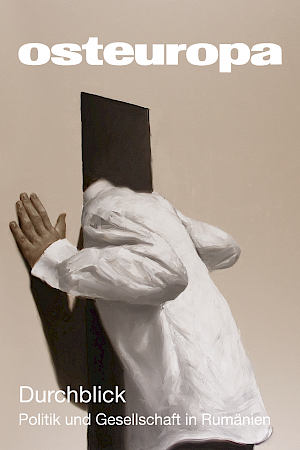The German minority
A historical and present-day perspective
Deutsche Fassung
Abstract
The history of the Germans in Romania can be traced back to the 12th century. After Greater Romania was founded in 1918, the German minority consisted of around 714,000 people. Unlike the Germans in most eastern-central European countries, those living in Romania supported the new state. While the Germans in Poland and Czechoslovakia were expelled after the Second World War, in Romania, they were permitted to stay. Under the Ceausescu regime, increased disenfranchisement, the restriction of national freedoms and the precarious supply situation led an increasing number of Germans to emigrate, however, with way over 200,000 people moving to the Federal Republic of Germany. This exodus weakened social and cultural life for those who remained. Thanks to a modern social infrastructure and international cooperation, the situation within the German minority is now very good.
(Osteuropa 6-8/2019, pp. 63–72)



